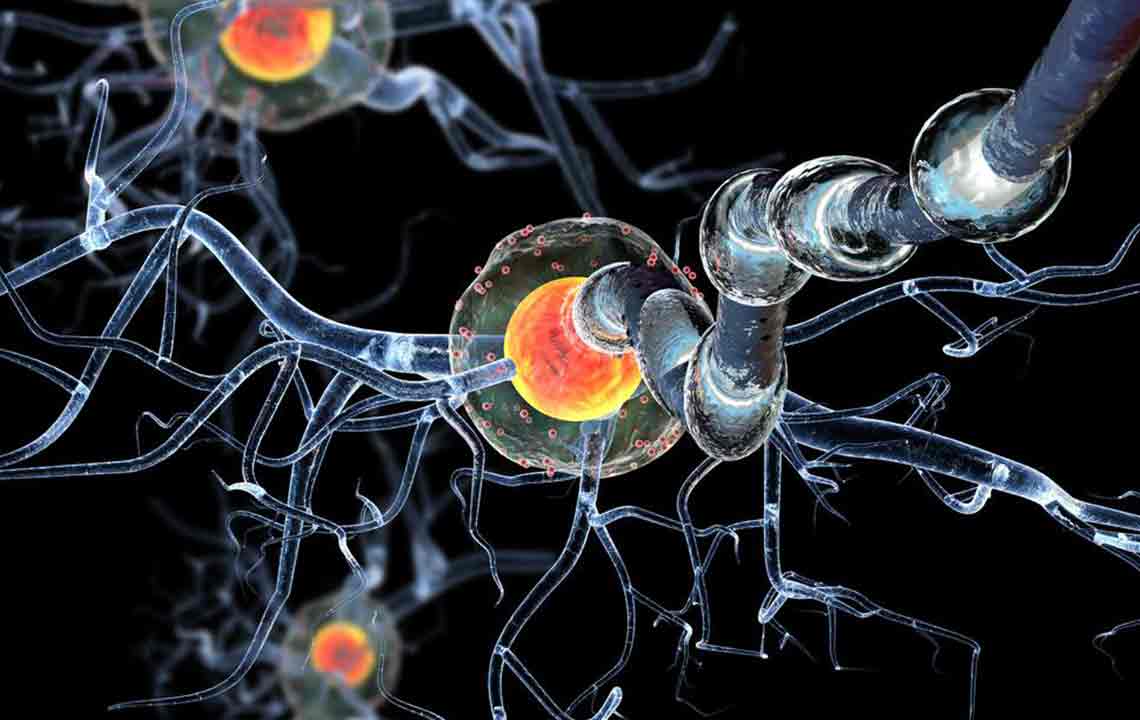Understanding Huntington’s Disease: Causes, Symptoms, and Management
This article provides a comprehensive overview of Huntington’s disease, covering its causes, symptoms, diagnosis, and management strategies. It emphasizes the importance of early detection and supportive care while highlighting the current lack of a cure. Designed for educational purposes, it aims to raise awareness and encourage timely intervention for better patient outcomes.

Overview of Huntington's Disease
Huntington’s disease is a hereditary disorder that impairs mental functions by causing progressive brain cell degeneration. Characterized by uncontrolled movements, cognitive decline, and memory deterioration, it significantly impacts quality of life.
This condition is named after researcher George Huntington. It results from a dominant mutation in the Huntington gene and is currently incurable. Treatments aim to ease symptoms and improve patient comfort. Typically manifesting after age 30, individuals with a family history may show signs earlier.
Early signs include slight movement issues, mood swings, and reduced cognitive ability, often overlooked. As the disease progresses, symptoms intensify with involuntary movements (chorea), speech issues, swallowing difficulties, and sleep disturbances. In advanced stages, dependence on caregivers, severe weight loss, speech loss, and seizures are common.
Diagnosis involves physical exams, MRI or CT scans, genetic testing, and prenatal screening. Genetic tests can determine risk before symptoms appear, but many avoid testing due to ethical and emotional concerns.
Though no cure exists, treatments focus on managing symptoms. Medications like tetrabenazine help control movements, while therapy options such as physiotherapy and speech therapy aim to improve quality of life. Nutritional support, like feeding tubes, assists those with swallowing issues. Increasing awareness and early diagnosis can help individuals adapt lifestyles and seek counseling.
Patients face higher risks of complications, including cardiovascular issues, which may lead to depression or suicidal thoughts. Support from caregivers plays a vital role in improving outcomes and maintaining mental health.










